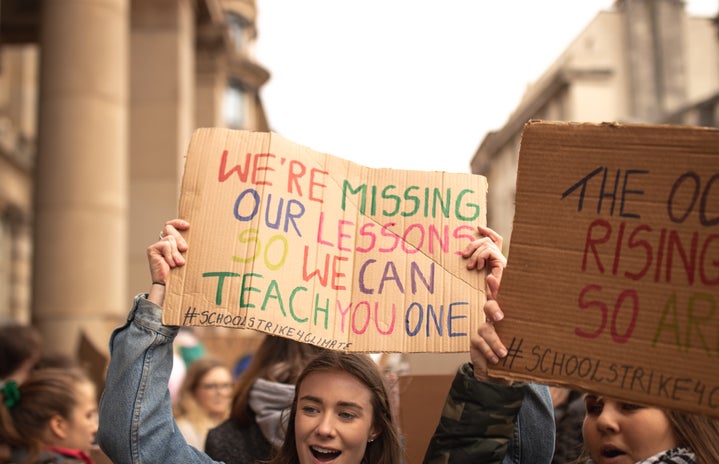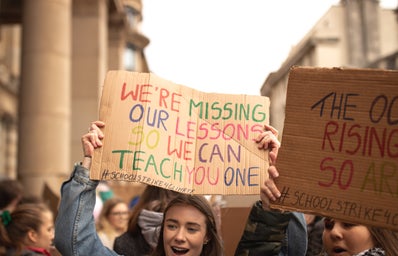As exams and deadlines pass, boxes are placed into storage for the summer and last minute RyanAir flights are booked, all signs point towards the end of another year at St.Andrews. Whilst the end of the year for many students is a chance to travel with friends, relax at home with family or explore exciting new career prospects, for some it is a chance to pause and reflect on all that has happened in a busy nine months. Unfortunately for some, particularly those graduating this year, reflections on the past academic year have been tainted by the impact of teaching strikes. Having spoken to current and graduating students, it is evident that student sentiments towards the strikes are far from straightforward, with many students feeling guilty for complaining about something they believe they should feel more supportive of.
Strikes have been taking place in universities across the country in an act of resistance against, low pay, high work loads and cuts to teaching pensions made last year, which would see the average member of the University College Union (UCU) lose 35 percent of their future pension, a particularly huge hit to those recently entering a teaching profession. So far this year, classes have been cancelled across all subjects as members of staff chose to strike, culminating in a marking and assessment boycott at the end of the academic year. Whilst students seem to understand why staff are striking and support the need for change, they have also raised concerns over the impact strikes have had on their academic year, resulting in feelings of disappointment or frustration at how they have affected their studies.
On the whole most students seem to be supportive of the strikes. In a small anonymous survey conducted on campus, one student wrote that they “personally support” the strikes and acknowledge that whilst there had been a “big impact” on their studies, this was an “unfortunate” but “necessary” consequence. Some students felt that teachers’ strikes would not be enough to drive change, arguing that “strikes won’t work unless students join in”, suggesting the strikes had in fact not gone far enough for their cause. Student statements supporting the strikes seemed to be the consensus of the survey with all comments at least acknowledging that the strikes were significant for teachers and that union action was necessary. Nonetheless, the cost has been at the expense of student experience, with one student admitting how polarising the situation has been, writing that they feel “conflicted [between] support of the strikes and frustration with the toll on [their] education”. Whilst St Andrews students must be credited for their understanding and support of the strikes, many students are beginning to lament the impact on their education, particularly when they themselves have committed so much, in time, resources and energy, into their degrees.
Those most unsettled by the strikes seem to be students enrolled in humanities at the university, particularly those at honours level where contact hours are minimal and a heavy emphasis is placed on independent study. One student noted how the strikes are usually “the humanities teachers, reducing our four hours a week [by] even more”. Four hours of contact week is already deemed by some students too little, often split into two two hour slots. This year’s strikes have reduced this number even further to just two or sometimes no contact hours a week, with multiple days of striking sometimes occurring within the same week. Whilst lectures and tutors are credited with making sure resources are made available to those affected online, many students are frustrated by the lack of contact time, something especially important to this year’s honours cohort after two years of online teaching during the Covid-19 pandemic.
Every year, those students graduating from St Andrews are sure to find their final reflections on their time here peppered with moments of frustration. However, whilst most years’ graduates may feel frustrated at their own work effort (or lack thereof), regret not making the most of the social occasions on offer or wish they hadn’t spent so many nights at the Rule, this year’s graduates are having to deal with the disappointment of factors beyond their control. There is no doubt that the strikes are important and widely supported by the student body, but this should not diminish from the impact they have had on students’ education and their quality of time here at St. Andrews. Ultimately, university is an academic institution and students have dedicated hours of study a day to their chosen subjects, specialising in something they hold a genuine passion for, it is therefore understandable that students should feel frustrated or disappointed with the impact of the strikes as yet another significant number of contact hours are taken away from them without any means of appeal.


